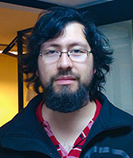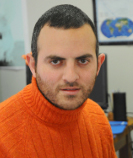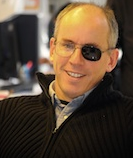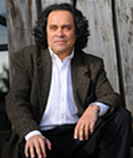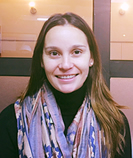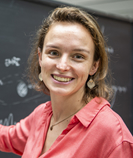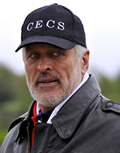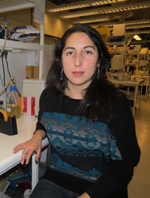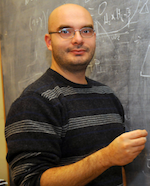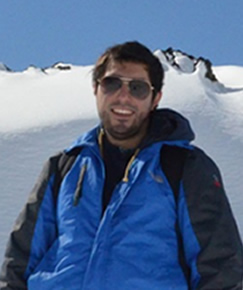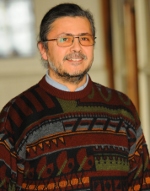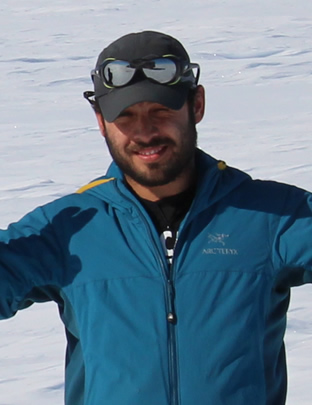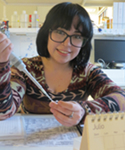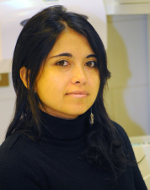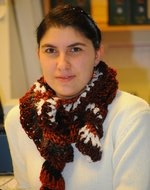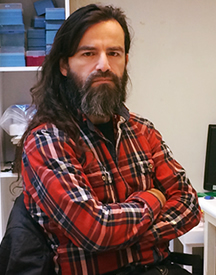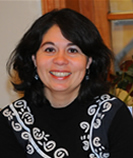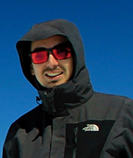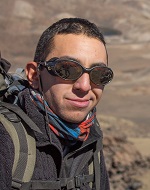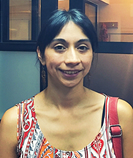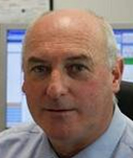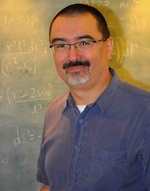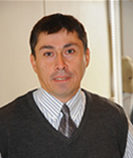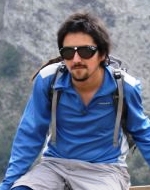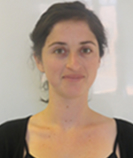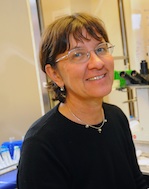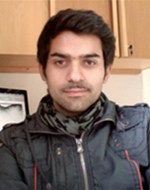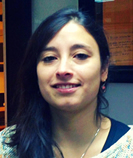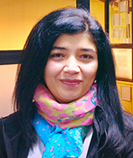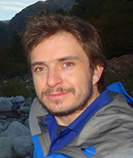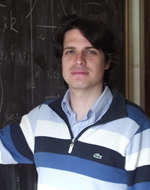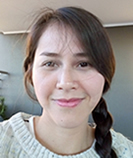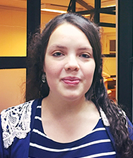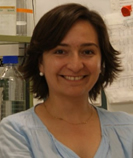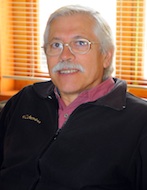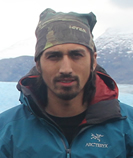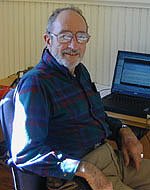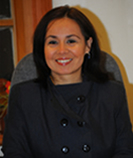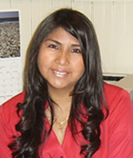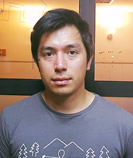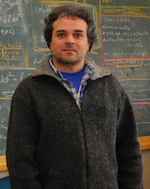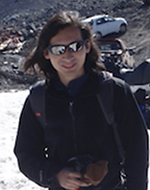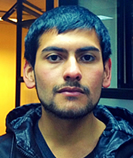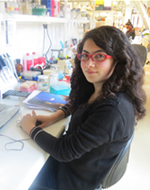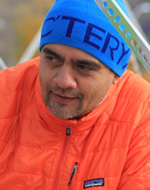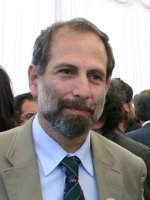| El Centro de Estudios Científicos (CECs) es una corporación de derecho privado, sin fines de lucro, dedicada al desarrollo, fomento y difusión de la investigación científica. El CECs fue fundado en 1984 como el Centro de Estudios Científicos de Santiago donde funcionó en una casa arrendada hasta el año 2000, momento en el que se mudó a Valdivia donde evolucionó para llegar a ser lo que es hoy. Desde su fundación el CECs ha sido dirigido por el físico Claudio Bunster. Luego de treinta y seis años de existencia, el CECs ha decidido renovar su sitio web, el cual se encuentra actualmente en construcción. En el intertanto las consultas pueden ser dirigidas a info@cecs.cl. Lo que sigue es un extracto de un folleto que fue producido justo después de que el centro se trasladara a Valdivia. Sentimos que estas palabras aún reflejan su espíritu: |
||||||
|
“
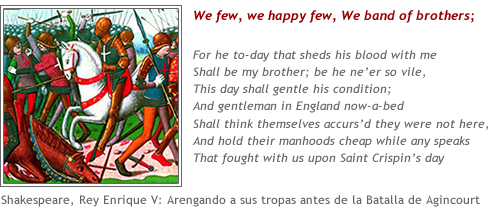
Una pequeña banda de investigadores del Centro de Estudios Científicos (CECs) en Valdivia, Chile, comparte un sueño audaz, anticuado en esta era de la Gran Ciencia – la búsqueda irrestricta del conocimiento, en un pequeño instituto independiente de investigación de primera calidad. Sus miembros se han reunido durante un lapso de tiempo que abarca ya, más de un cuarto de siglo, para emprender una aventura intelectual que es riesgosa, estimulante y tremendamente productiva.
Ubicado entre los Andes y el Pacífico, en esta pequeña ciudad del sur, el CECs es uno de los pocos institutos en el mundo que trabajan en investigación de vanguardia en múltiples disciplinas, sin recibir recursos o estar afiliada a ninguna institución anfitriona. Sus investigadores son libres para desarrollar su mejor ciencia con independencia de las modas y sin restricciones burocráticas, en una atmósfera de colaboración y apoyo mutuo. El fruto de este esfuerzo se traduce en un flujo permanente de ideas innovadoras, con estudiantes altamente capacitados y resultados que son publicados en revistas especializadas. El Centro ha demostrado lo errado de los prejuicios y escepticismo relacionados con su pequeño tamaño, al ubicar a Chile, con la capacidad de sus integrantes y audaz estrategia, en el mapa mundial de la ciencia, revolucionando de paso el modelo tradicional de estructurar la ciencia en Chile y mostrando – con su ejemplo – cómo “lograr más con menos”. Sus investigadores hablan en tono de curiosidad, maravilla y ocasionalmente orgullo al describir su emocionante viaje por aguas inexploradas. La estrategia del CECs es sustentar un entorno científicamente rico donde la ciencia y los científicos son lo primordial – atrayendo a las mejores personas, apoyándolos adecuadamente y ofreciéndoles libertad para perseguir sus sueños. ” |
| La actual tripulación del centro es la siguiente: |

